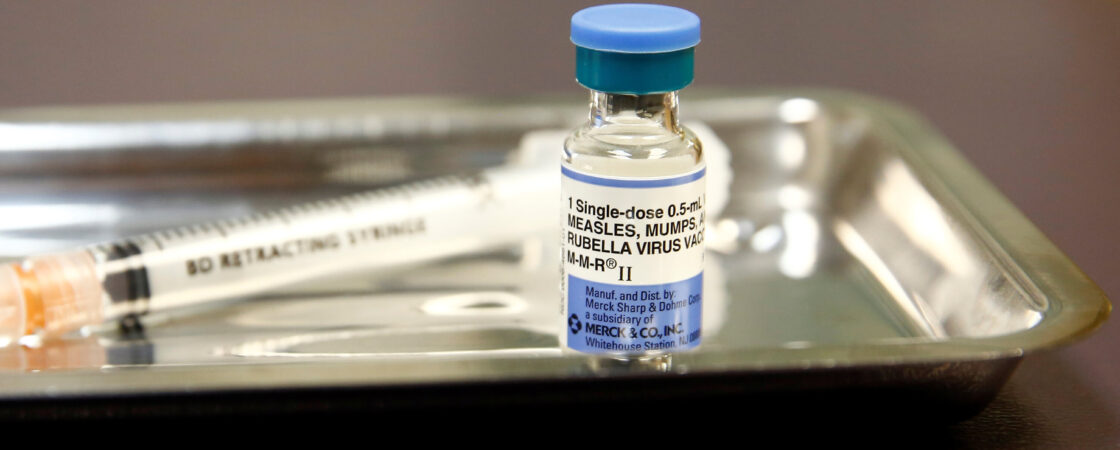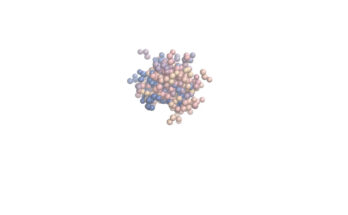Vaccines today are more effective and contain significantly fewer immune system stimulants compared to some from decades past. The belief that American infants receive too many vaccines, overwhelming their immune systems and causing conditions like autism, is both popular and incorrect. This theory has been so frequently repeated that it has become mainstream, endorsed by figures such as President-elect Donald J. Trump and his chosen health official, Robert F. Kennedy Jr. “When you give a baby, Bobby, a vaccination that includes, like, 38 different vaccines that seem suitable for a horse, not a baby weighing 10 or 20 pounds,” Mr. Trump mentioned to Mr. Kennedy in a July phone call. “And then you notice the baby suddenly beginning to change dramatically — I’ve witnessed it far too often.” On Sunday, Mr. Trump reiterated his stance, stating that Mr. Kennedy would look into the possibility of childhood vaccines causing autism, despite numerous thorough studies that have already examined and rejected that idea. “I believe someone needs to find out,” Mr. Trump mentioned on NBC’s “Meet the Press.” However, experts stated that the notion that current vaccines are putting too much strain on children’s immune systems is fundamentally incorrect. Modern vaccines are more refined and effective, with significantly fewer immune system stimulants compared to those from decades past. Additionally, Dr. Yvonne Maldonado, a pediatrician at Stanford University and an advisor to the CDC on vaccines, noted that the immune responses caused by vaccines are “minuscule” in comparison to the daily immune challenges children face. If you’re in Reader mode, please leave and sign into your Times account or subscribe to access all of The Times. We appreciate your patience while we confirm your access. Are you already a subscriber? Sign in.. Do you want access to all of The Times? Înscrie-te.




